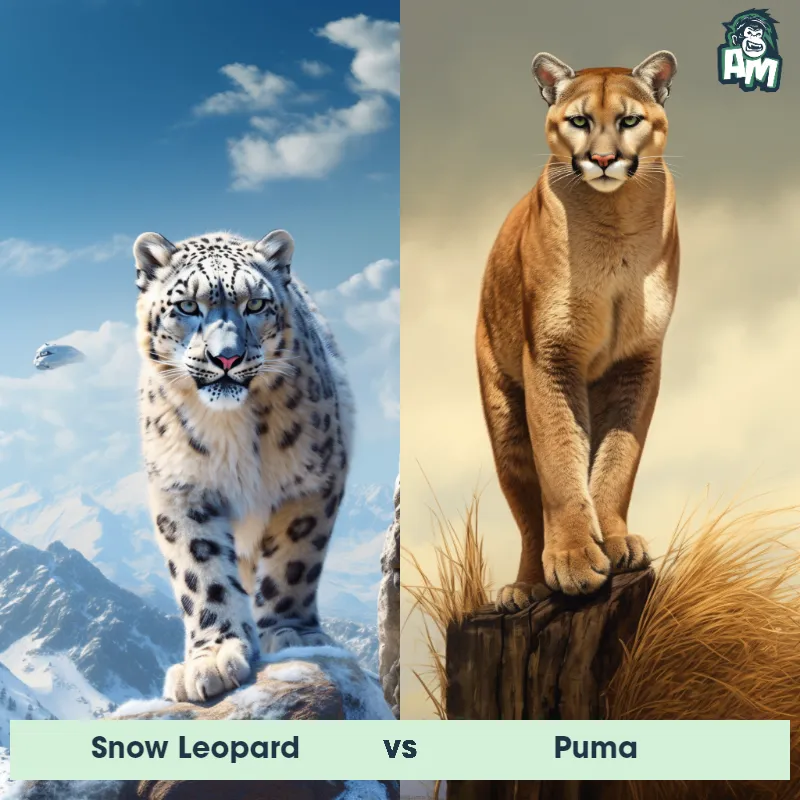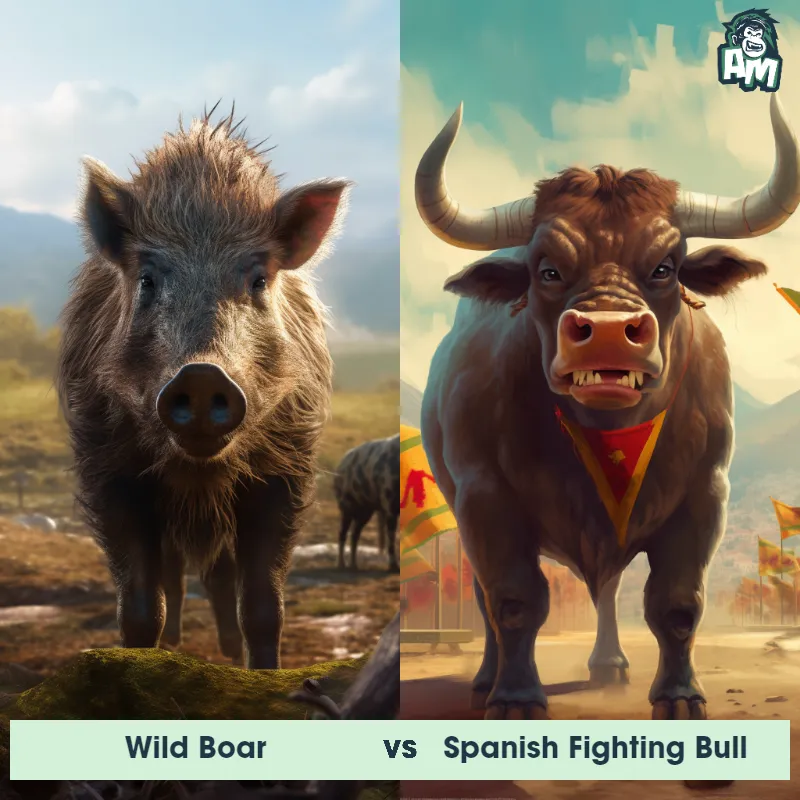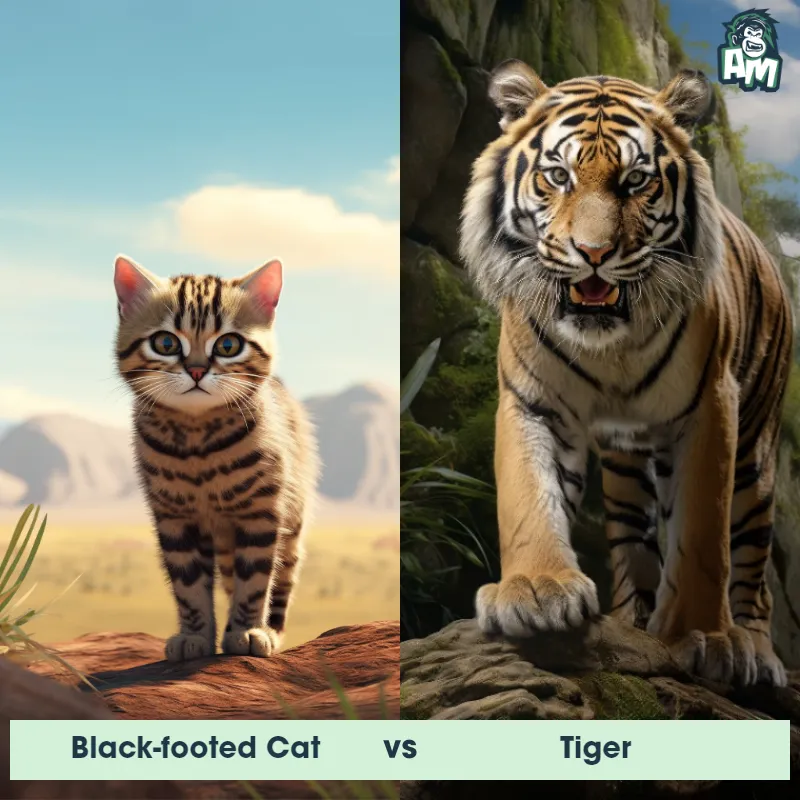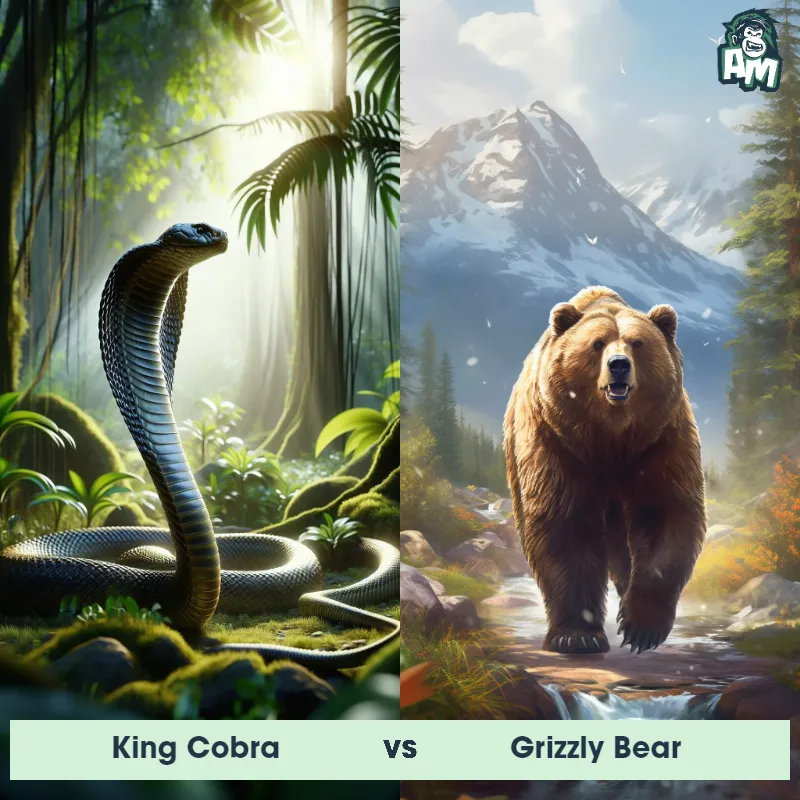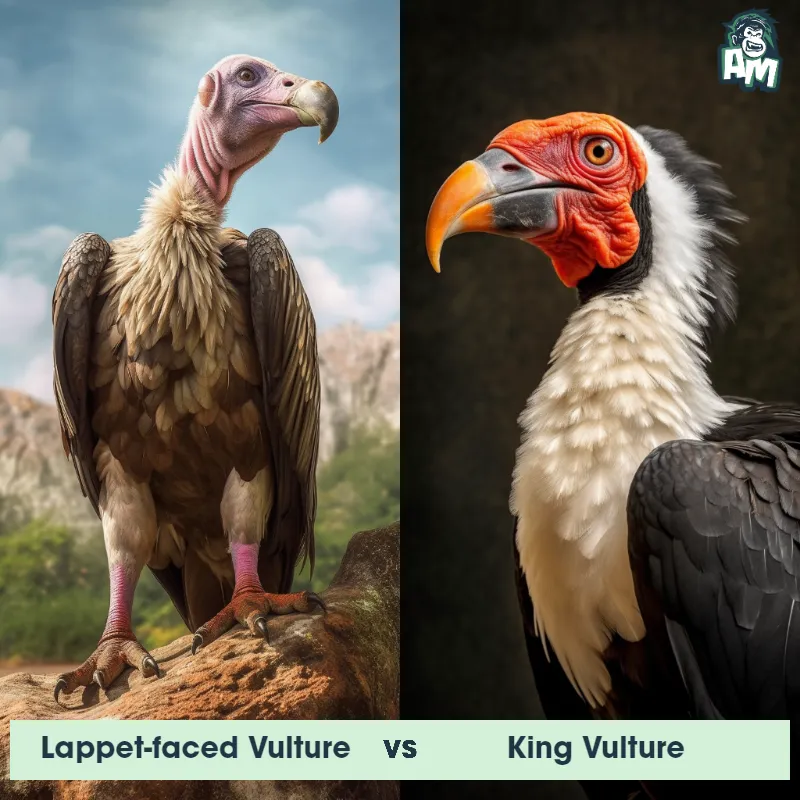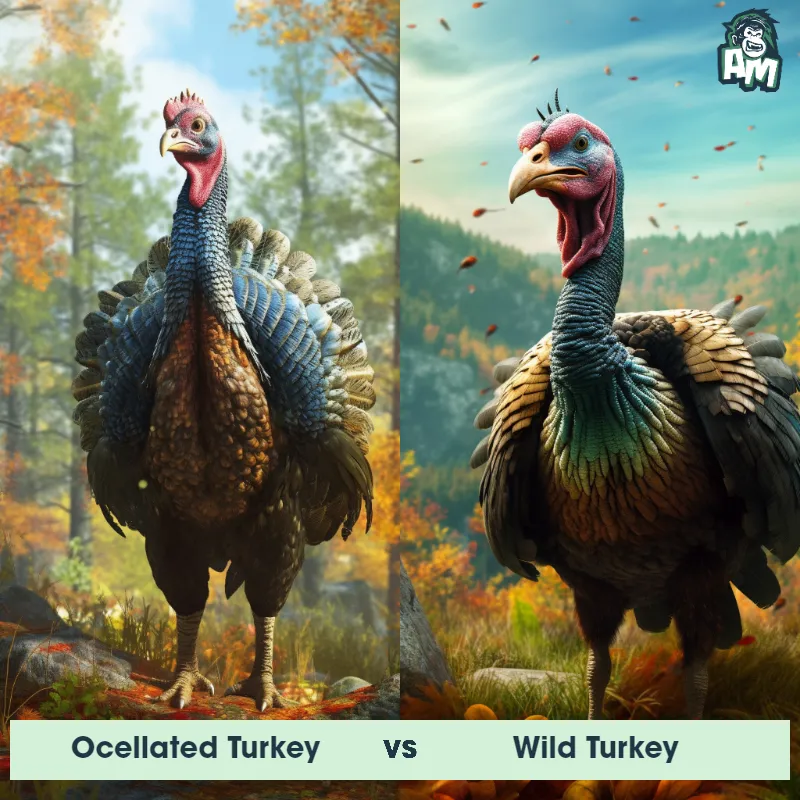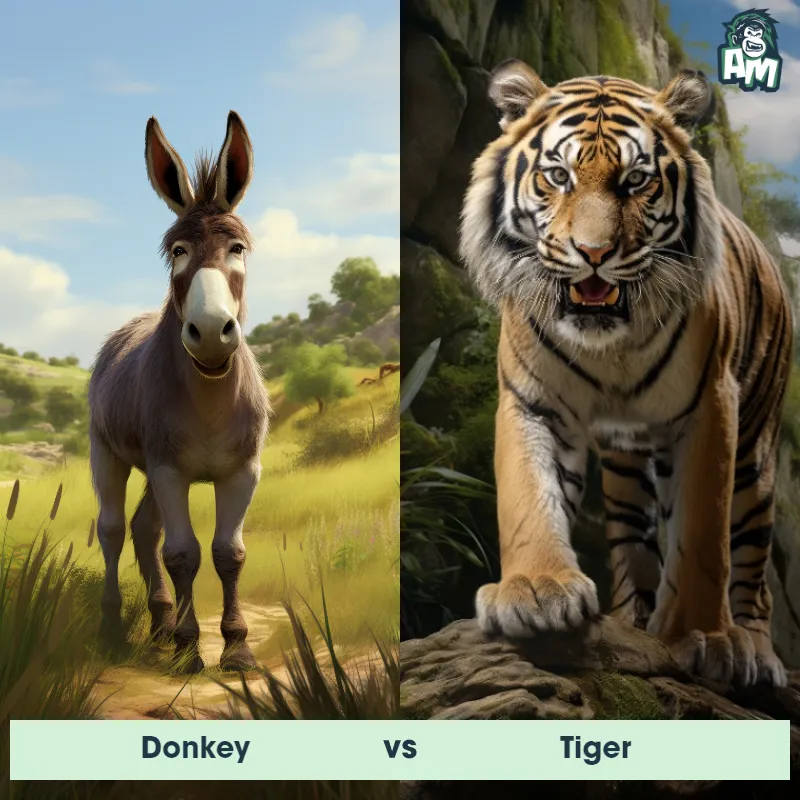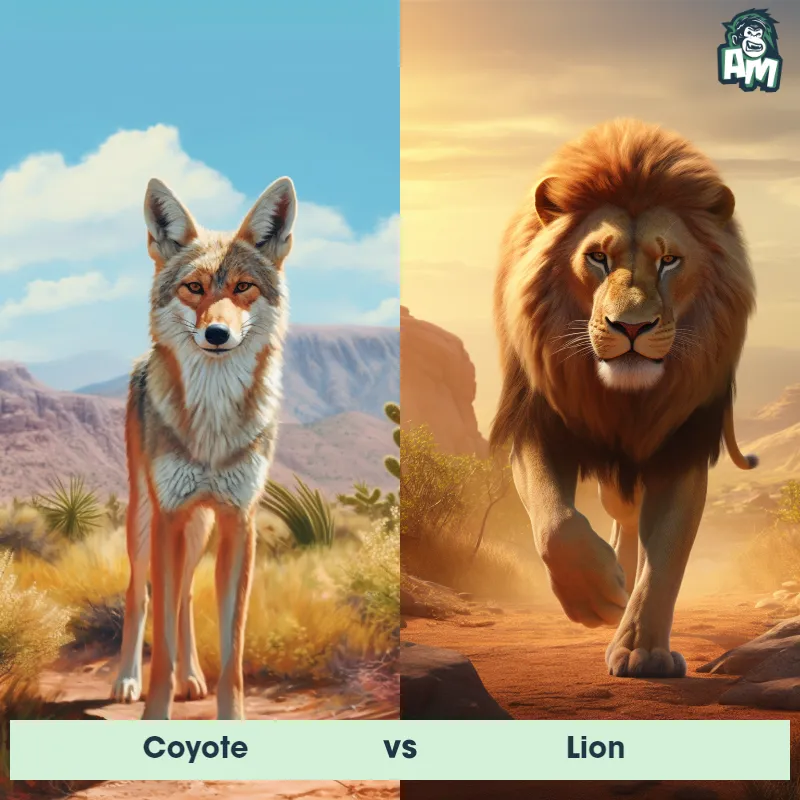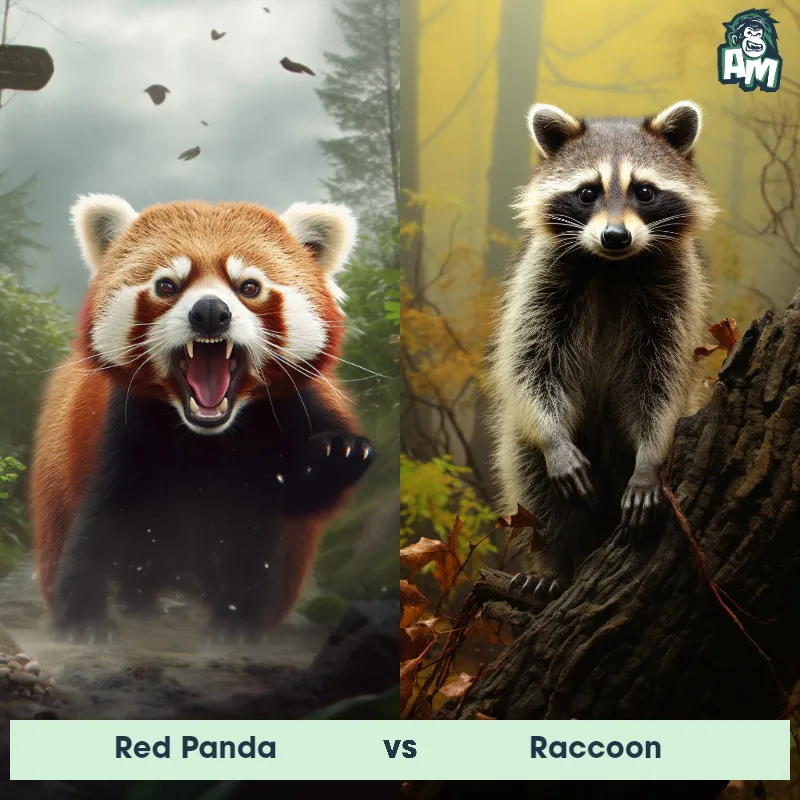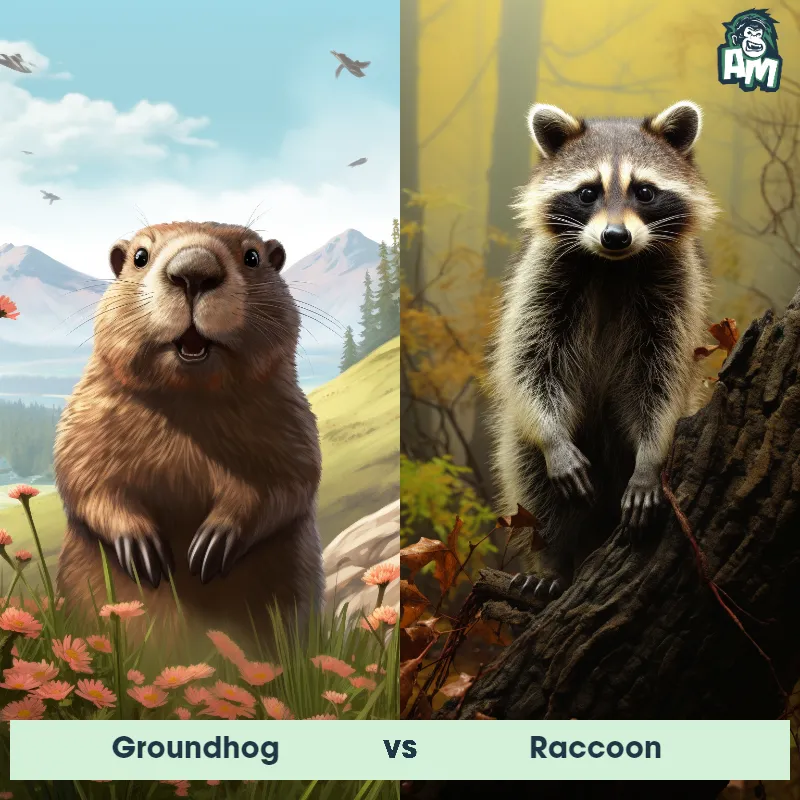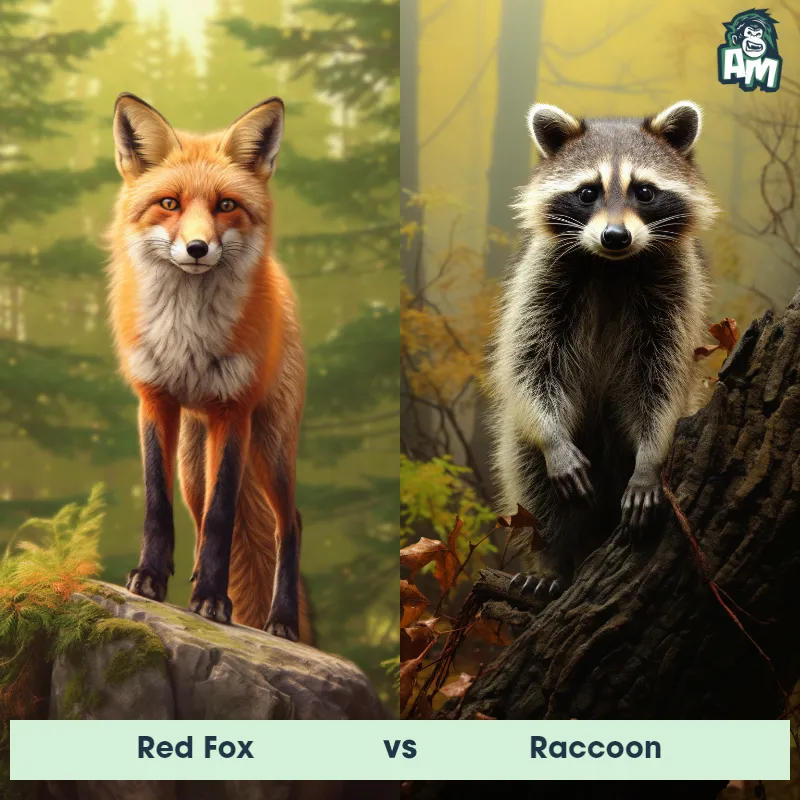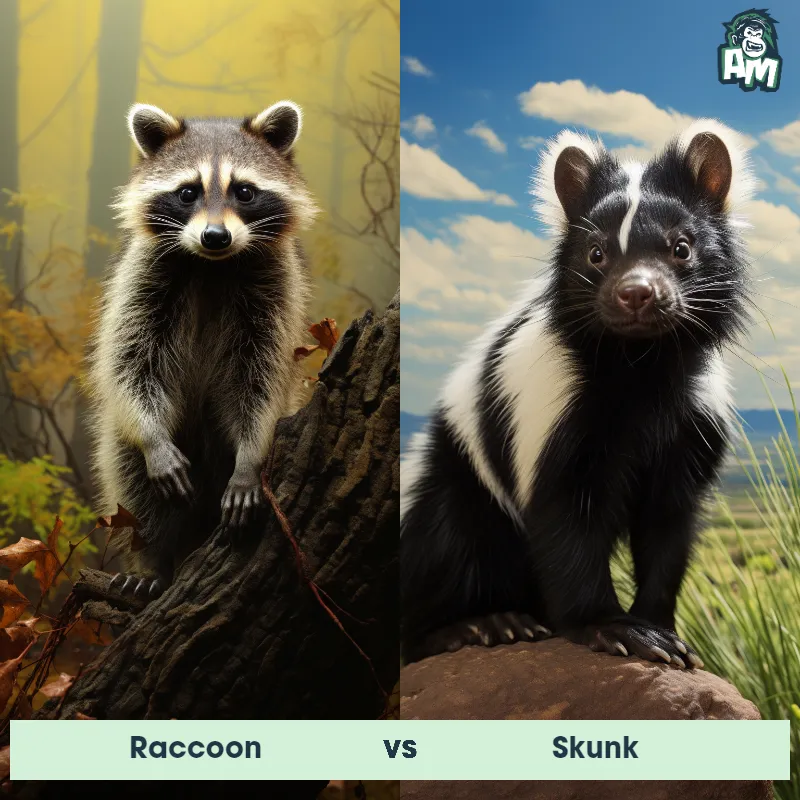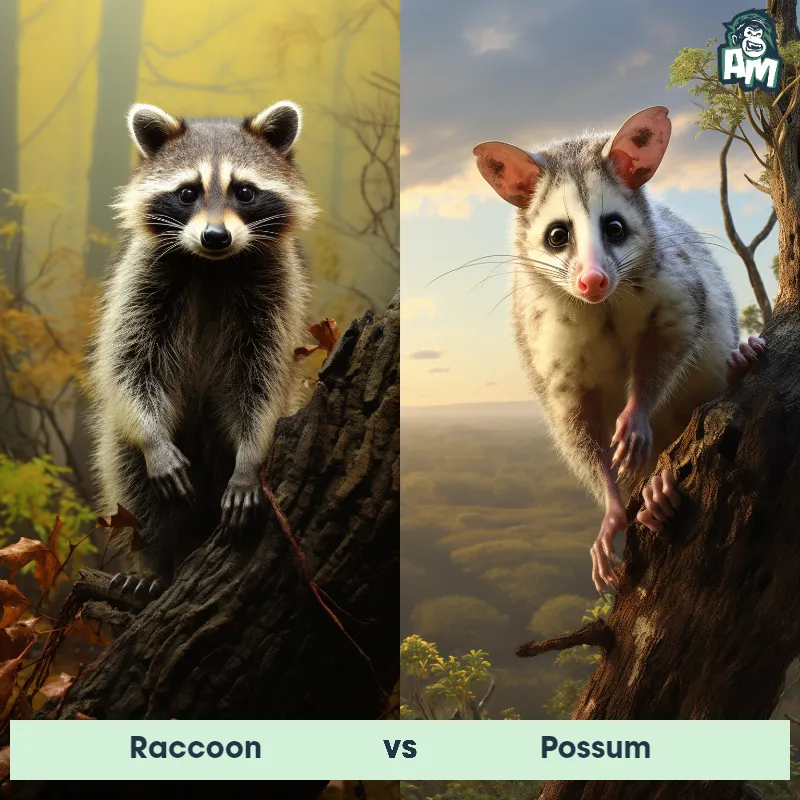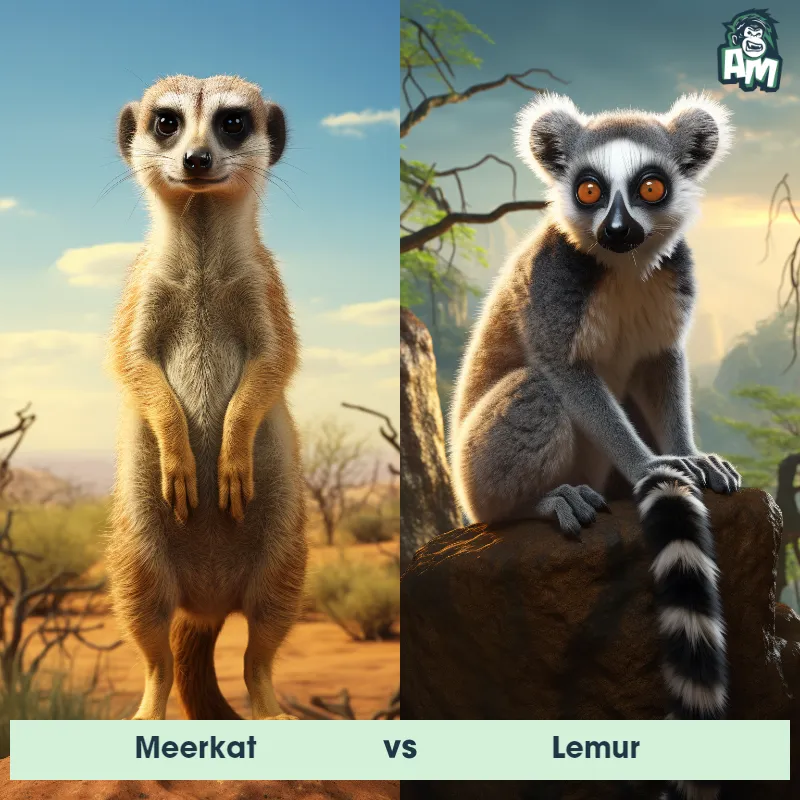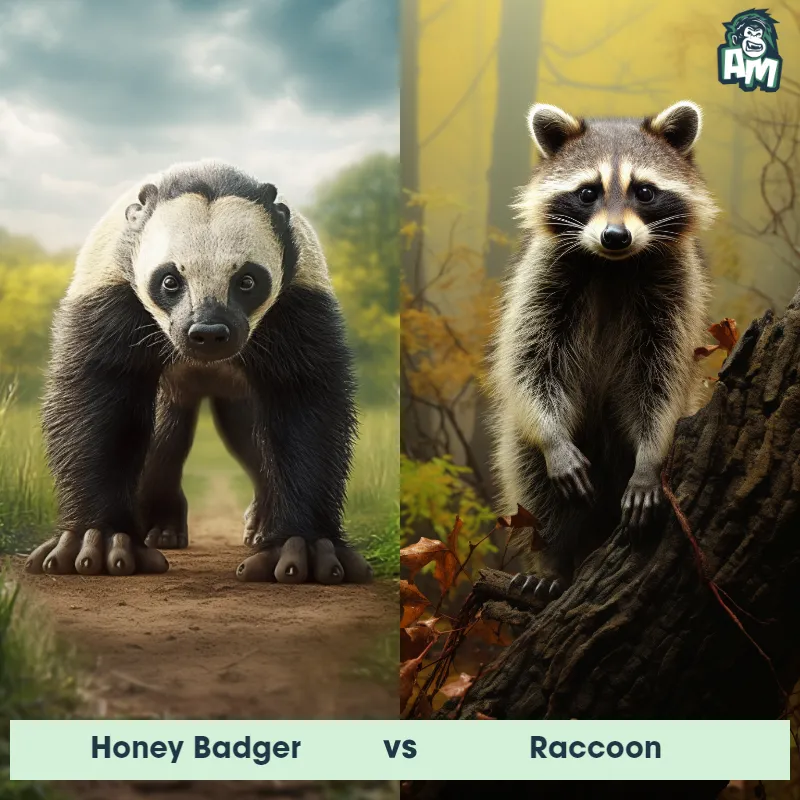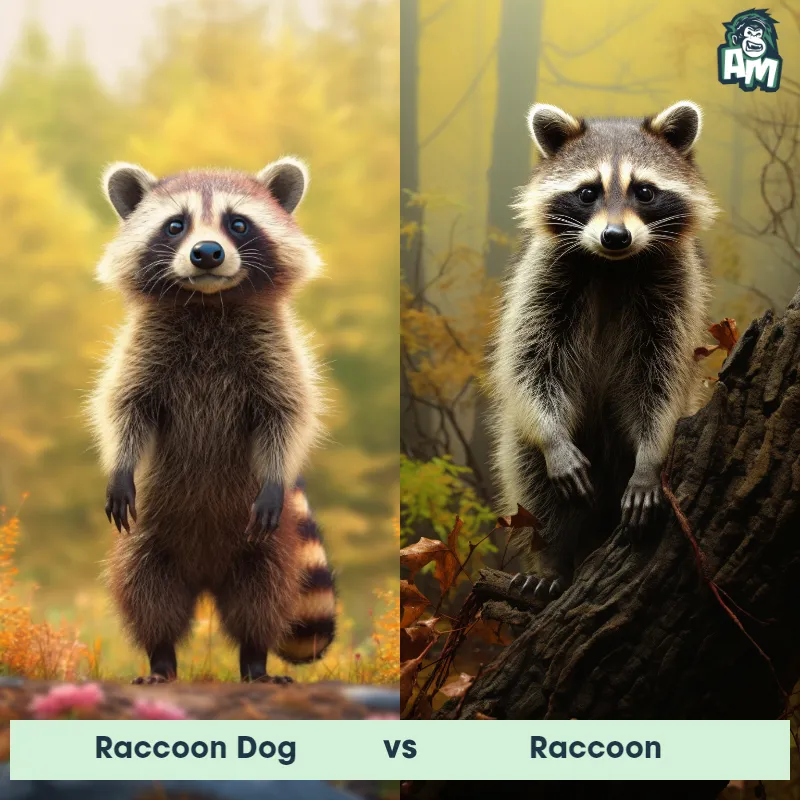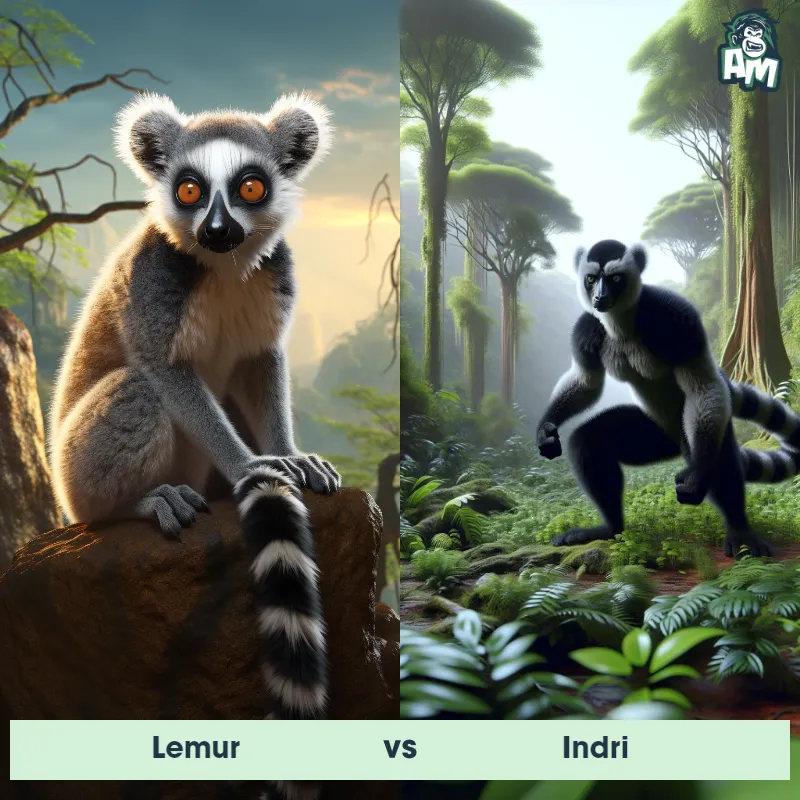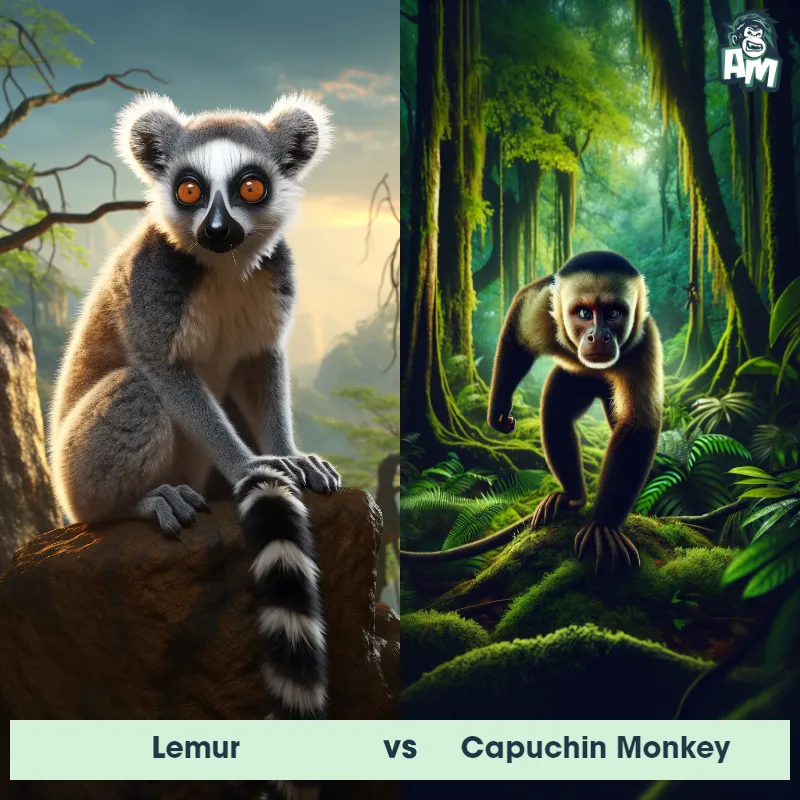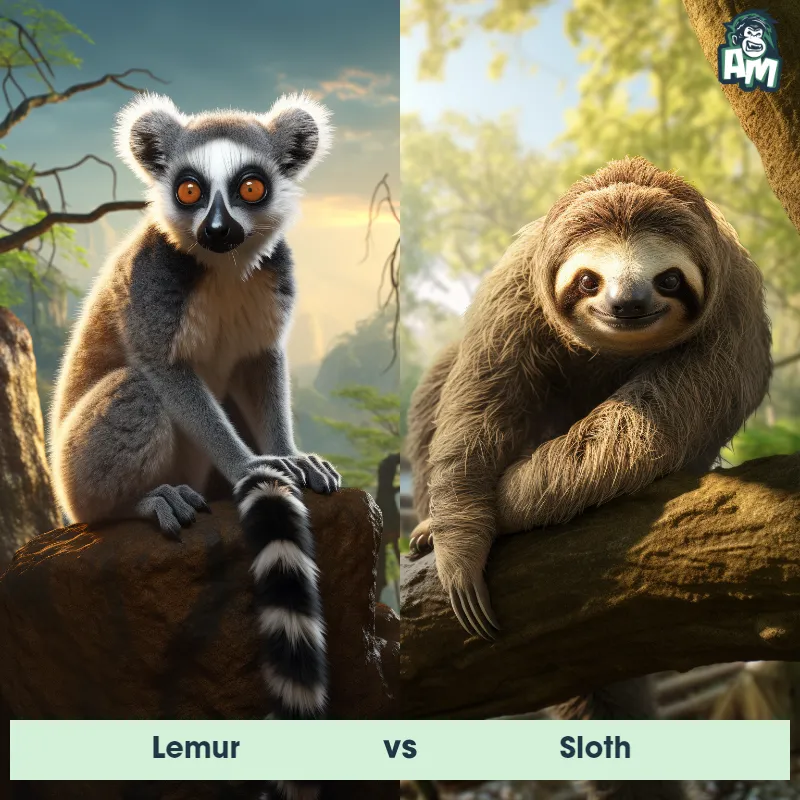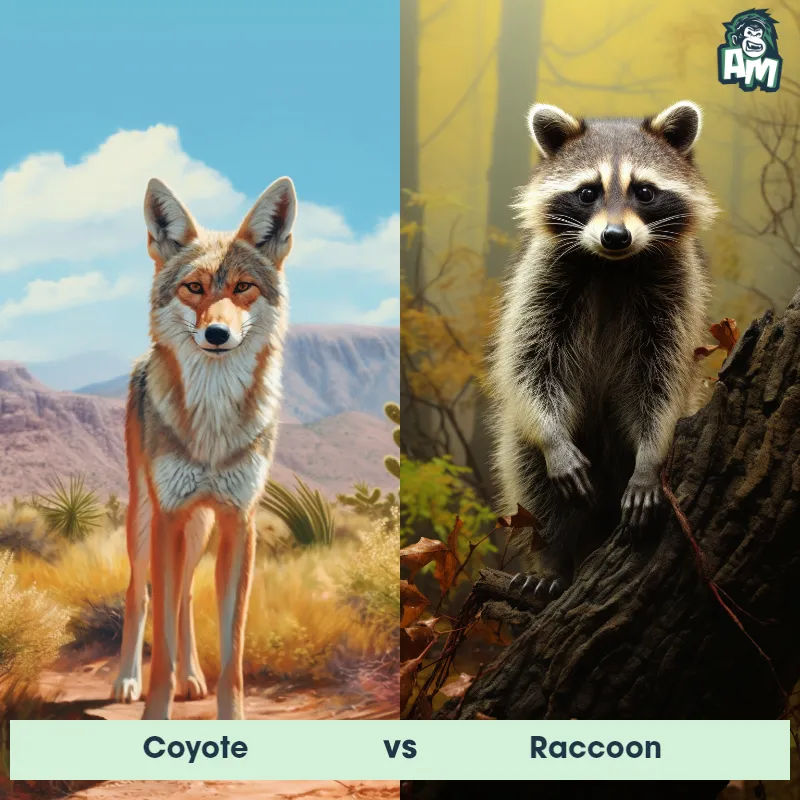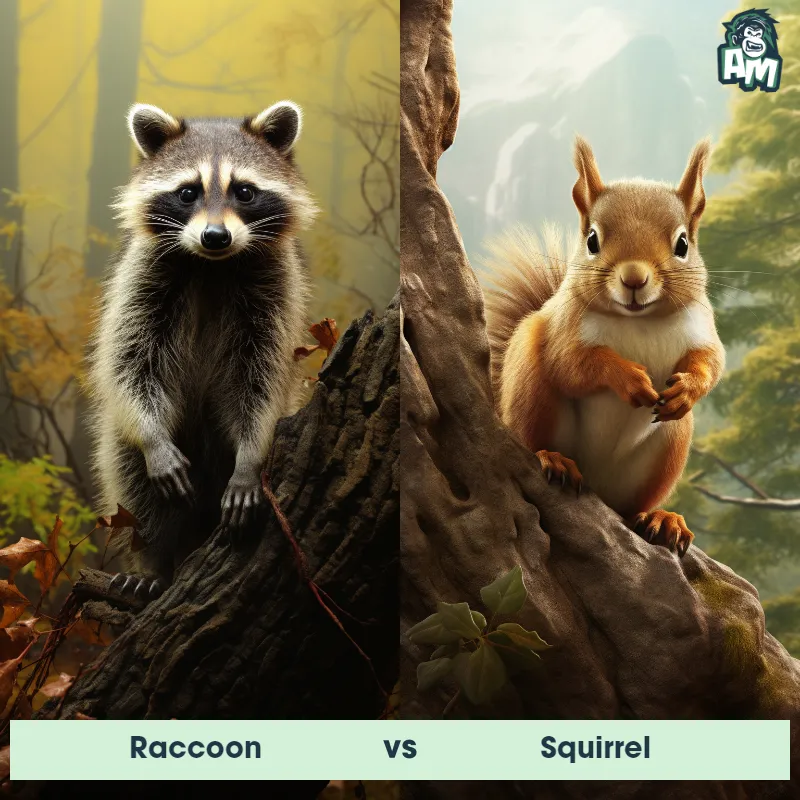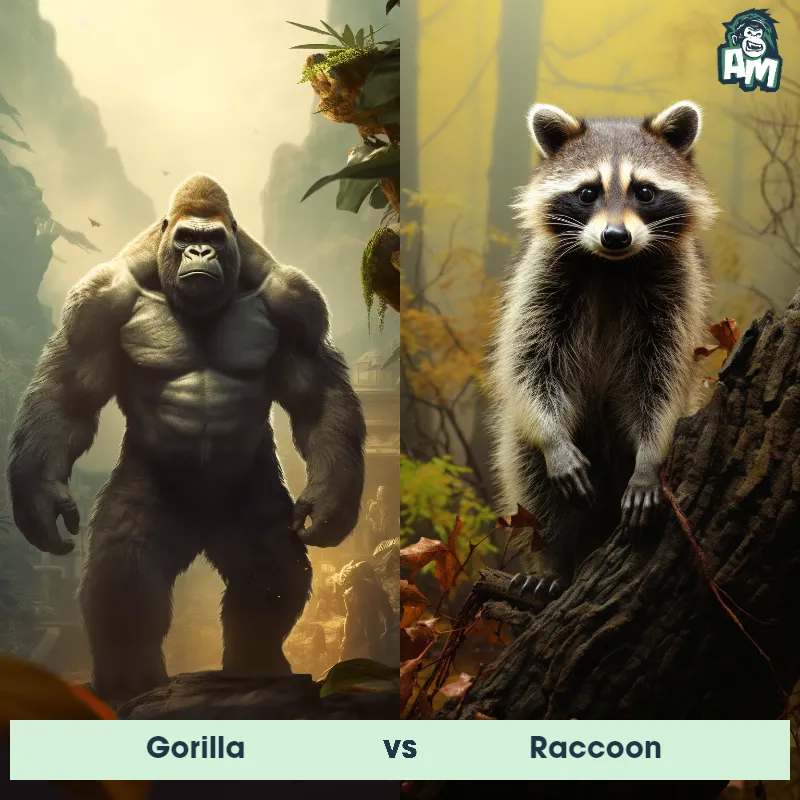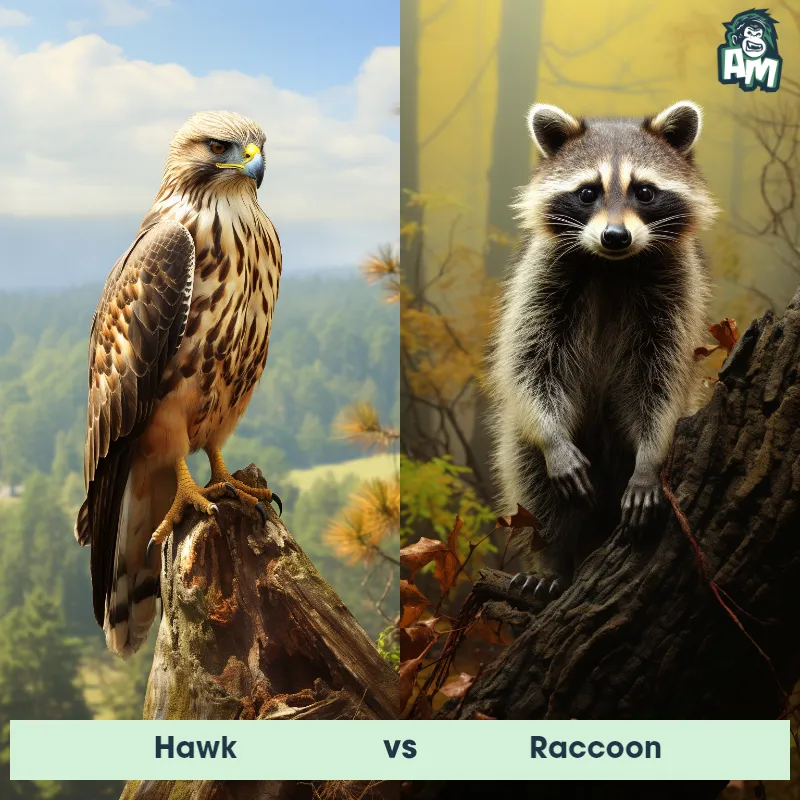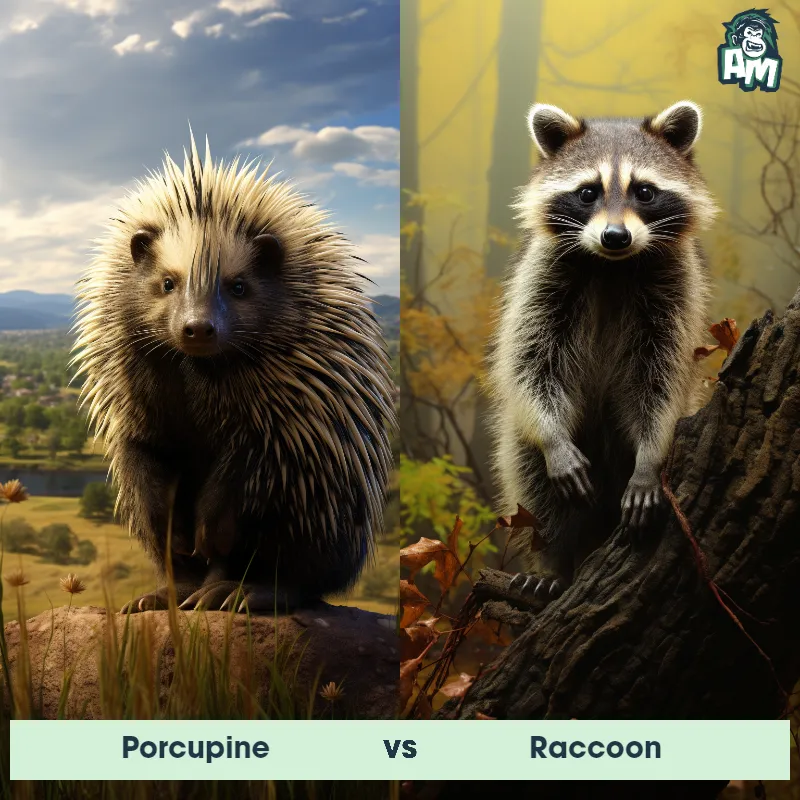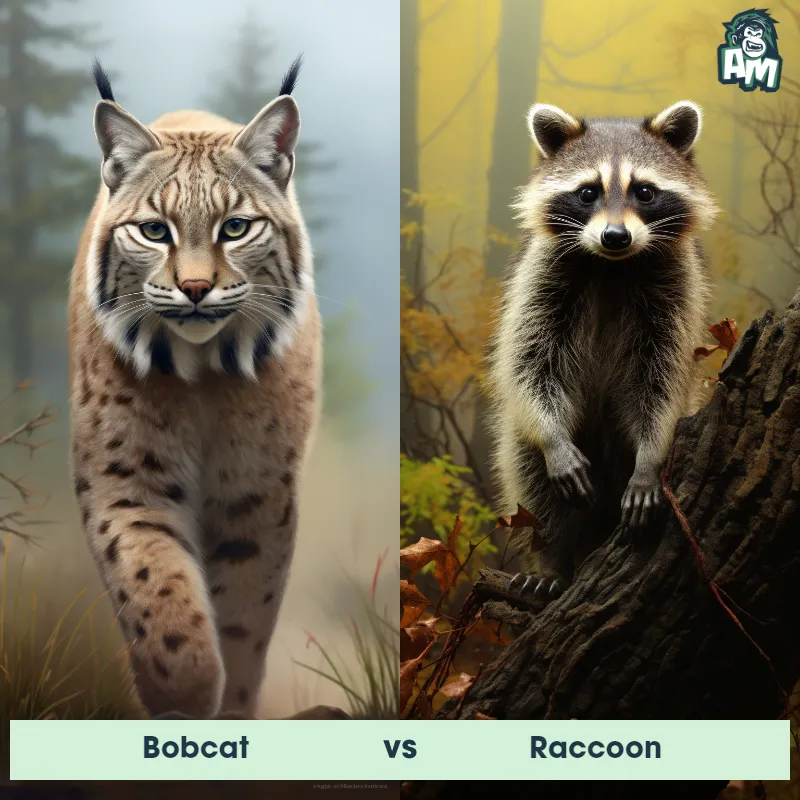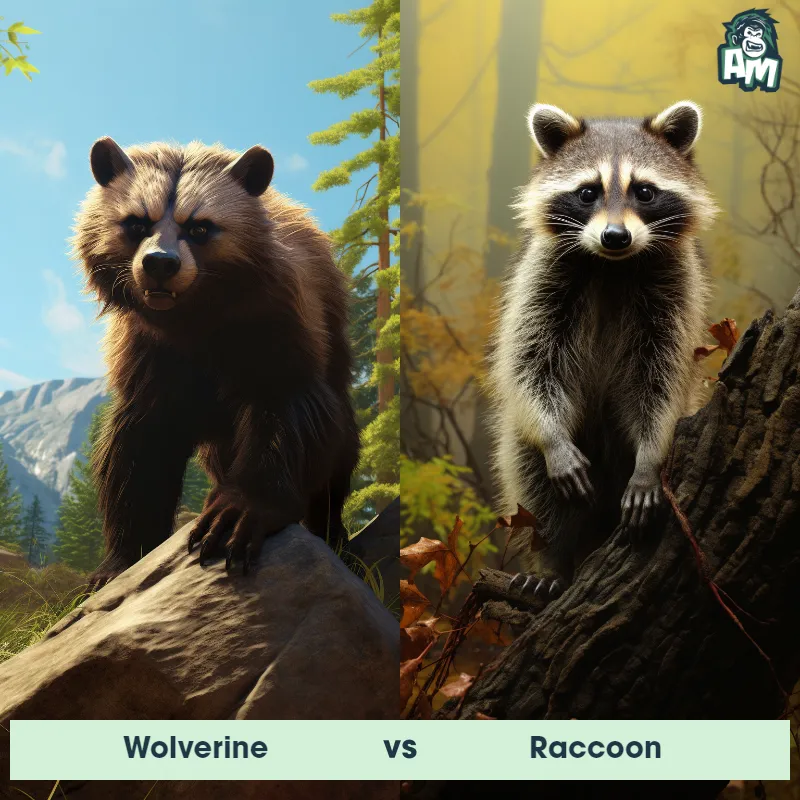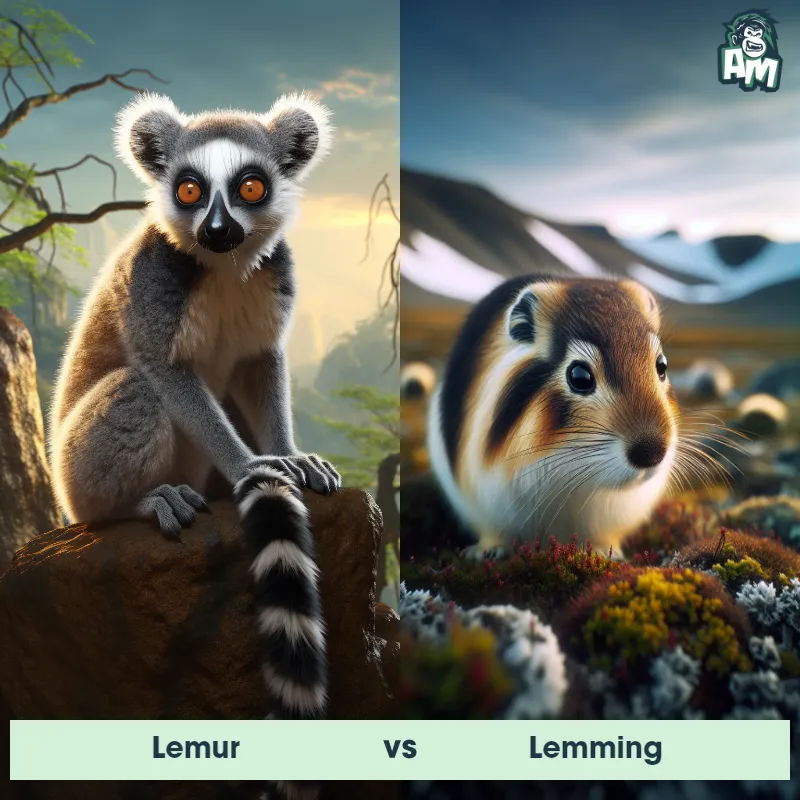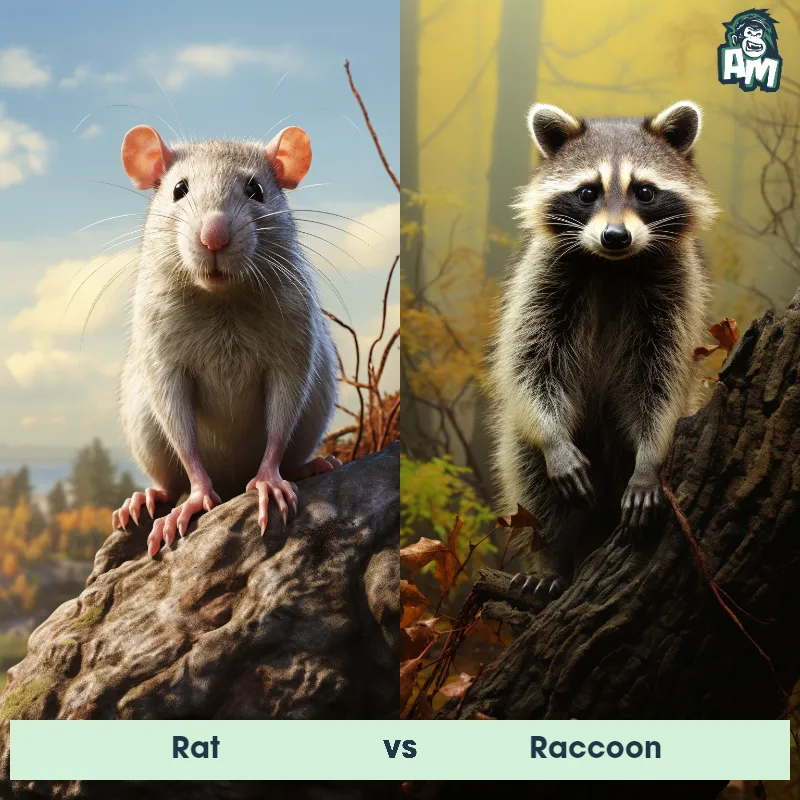Lemur vs RaccoonSee Who Wins

Welcome, ladies and gentlemen, to this thrilling match-up between two of nature's most agile and riveting combatants! In one corner, we have the jungle gymnast with a gaze that can paralyze: the Lemur. And in the other, meet our cunning contestant draped in nature's own thieves' attire: the Raccoon. These competitors are both rising stars that exhibit exceptional skill and cunning in the wild. Today, they come together in an extraordinary tête-à-tête. So, without further ado, let's bring the action!
Contender 1: Lemur
The Lemur is a type of primate known as a prosimian, native to the island of Madagascar. Lemurs come in various sizes and colors, but they are typically characterized by a pointed snout, large eyes, and a long tail that can be longer than their body. Many lemur species have a thick and woolly fur that ranges in color from reddish-brown to gray and black. Lemurs are arboreal animals, spending most of their time in trees, and their diet consists of fruits, leaves, flowers, and insects.
Fun Fact: Lemurs communicate with each other using a variety of vocalizations, body postures, and scent markings, exhibiting a complex and intriguing social structure.
Contender 2: Raccoon
The Raccoon is a medium-sized mammal native to North America, best known for its distinctive black "mask" over the eyes and bushy, ringed tail. These nocturnal creatures have a stocky build and grayish-brown fur. Raccoons are about 2 to 3 feet long and weigh between 10 to 20 pounds. Known for their dexterity, raccoons have nimble hands that they use for a variety of tasks, including opening trash cans and doors, which leads to their reputation as opportunistic feeders and scavengers.
Fun Fact: Raccoons are noted for their intelligence, with studies showing that they are able to remember the solution to tasks for up to three years.
Matchup Stats
| Lemur | Raccoon | |
|---|---|---|
| Size | Varies by species, 3.5 inches to 2.5 feet (9 cm to 76 cm) | 2 to 3 feet long (60 to 90 centimeters) |
| Weight | Varies by species, 1 ounce to 20 pounds (30 grams to 9 kg) | 10 to 20 pounds (4.5 to 9 kilograms) |
| Speed | 20mph (32km/h) | 15mph (24km/h) |
| Key Strength | Agility and speed | Dexterity and intelligence |
| Biggest Weakness | Small size and lack of aggressive behavior | Lack of size and strength compared to larger predators |
Current Votes
Lemur vs Raccoon
See Who Wins
View More Matches
Looking For More?
Similar Matches
Scientific Stats
| Lemur | Raccoon | |
|---|---|---|
| Scientific Name | Lemuriformes | Procyon lotor |
| Family | Lemuridae | Procyonidae |
| Habitat | Forests and jungles | Forests, mountainous areas, coastal marshes, and urban areas |
| Geography | Madagascar | North America |
| Diet | Fruits, leaves, flowers, and insects | Omnivorous, eating berries, insects, eggs, and small animals, as well as trash and pet food in urban areas |
| Lifespan | 16 years - 25 years | 1.5 years - 3 years |
Key Differences between Lemur and Raccoon
- Facial Features: Lemurs have distinctively large, round eyes that are often colored in shades of yellow or orange. They also possess a moist nose, similar to a dog's. Raccoons, on the other hand, have smaller, almond-shaped eyes that are usually dark in color, and they possess a more pointed snout.
- Tail: Lemurs have a long, bushy tail that can be as long as their body, used for balance and communication. In contrast, raccoons possess a shorter, ringed tail with a prominent black band at the tip.
- Size: Lemurs are generally larger than raccoons, with some lemur species reaching a length of up to 24 inches (60 cm) and weighing around 20 pounds (9 kg), while raccoons typically measure around 16-28 inches (40-70 cm) in length and weigh between 10-30 pounds (4.5-14 kg).
- Limb Structure: Lemurs have long, slender limbs adapted for climbing and leaping through trees. Their hands and feet possess specialized adaptations for grasping branches, such as opposable thumbs and a grooming claw. In contrast, raccoons have shorter limbs with sharp, non-retractable claws that allow them to climb trees and manipulate objects.
- Ears: Lemurs have relatively large, rounded ears that are covered in fur. Raccoons, on the other hand, have smaller, more pointed ears that are often devoid of fur, making them appear more prominent.
- Fur Coloration: Lemurs display a wide range of fur colors, including shades of brown, gray, black, and white, depending on the species. Raccoons, however, typically have a distinctive coat pattern consisting of a grayish-brown body with black markings on their face, tail, and limbs.



